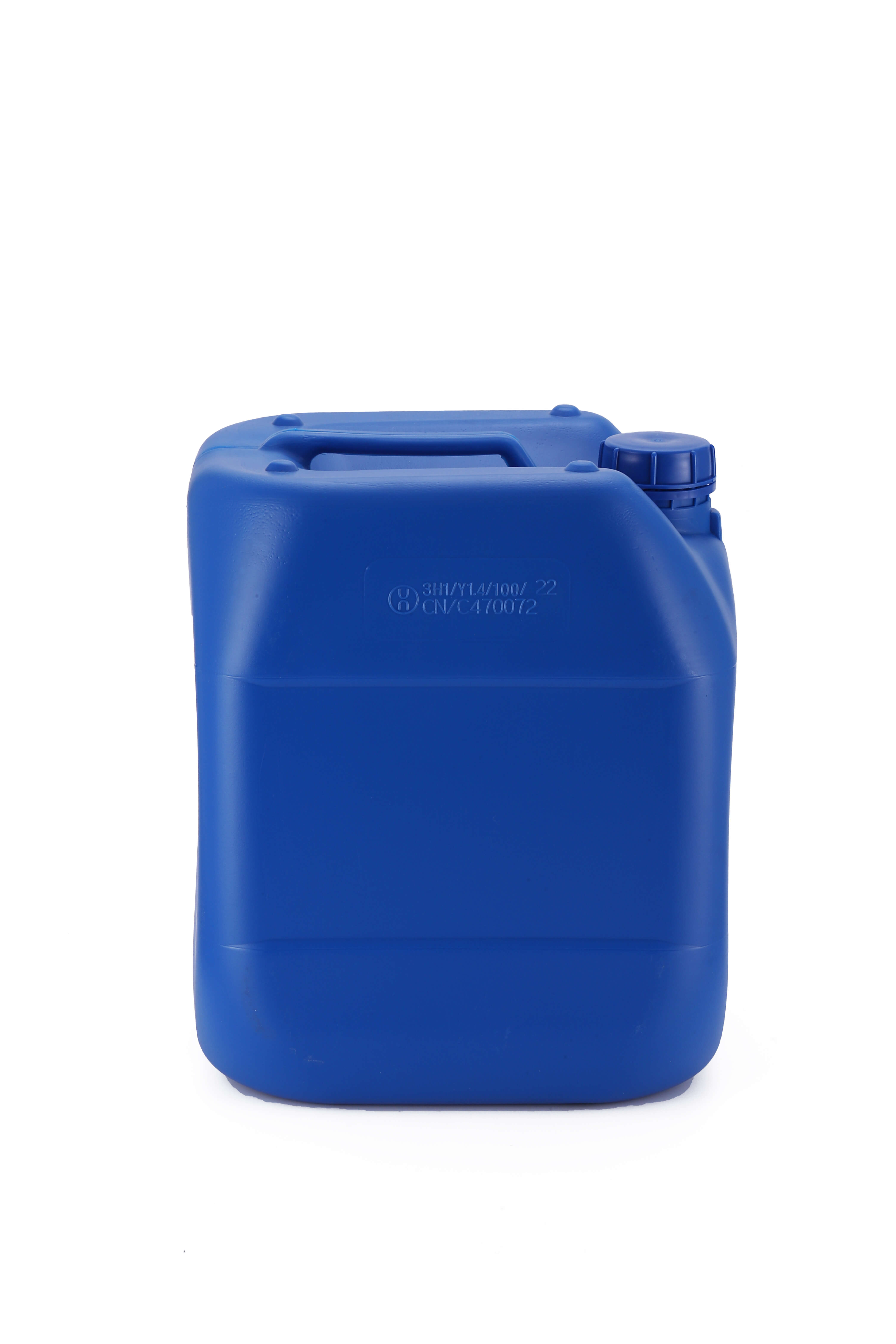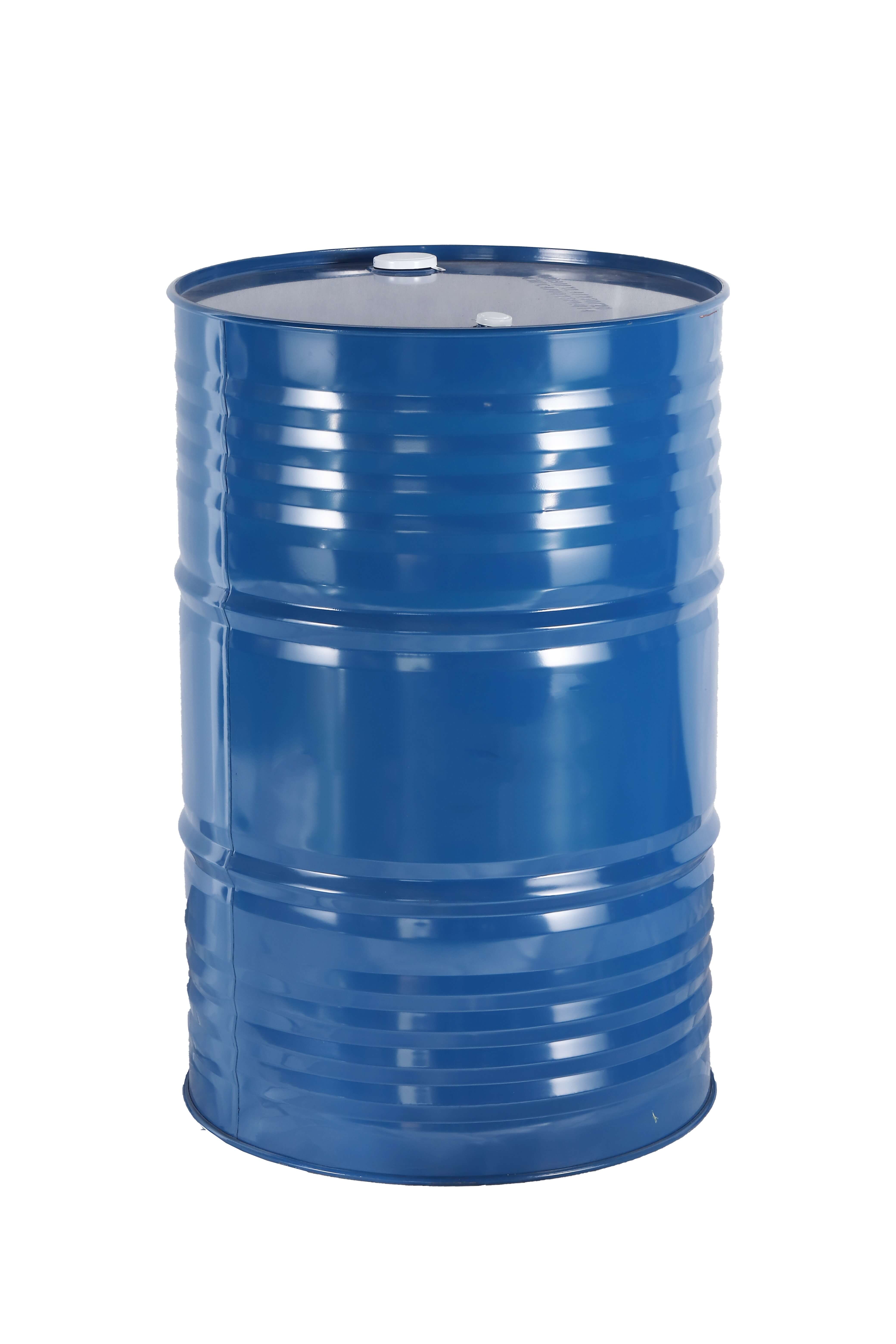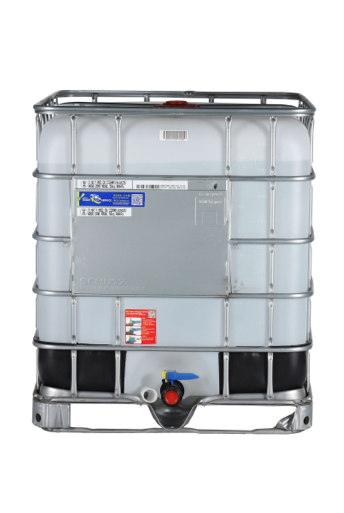English
| Availability: | |
|---|---|
| Quantity: | |








TCA-PI2
TCA-PI2
68586-02-7
1.Product Introduction of the Bis(acetylactonate) isobutoxide isopropoxide titanium(CAS:68586-02-7)
Bis(acetylactonate) isobutoxide isopropoxide titanium(CAS:68586-02-7), Our model TCA-PI2(equivalent to VERTECTM PI2 ),is mainly used as a printing ink additive to improve adhesion, heat stability and other resistance properties and as a coupling agent for fillers and fibers.
2.Product Parameter (Specification) of the Bis(acetylactonate) isobutoxide isopropoxide titanium(CAS:68586-02-7)
Index | Value |
Appearance | Orange red, viscous and clear liquid. Darkens with age. This color change does not affect the reactivity of the product. |
Titanium content, % | 8.9 |
Specific Gravity (ρ25), g/cm3 | 0.975 |
Viscosity (25℃), mPa.s | 5.5 |
Fish Point (closed cup), ℃ | 15 |
Pour Point, ℃ | -60 |
Solubility | Miscible with most organic solvents, aqueous acetone and dilute acids. |
3.Application of the Bis(acetylactonate) isobutoxide isopropoxide titanium(CAS:68586-02-7):
TiLinkTM titanate TCA-PI2 is an adhesion promoter and cross-linker that are essential additives for flexographic and gravure printing inks which are widely used at flexible packaging industry.
Flexible packaging has become an important component of product marketing. Packaging materials usually include a non-absorbing foil based on polyolefin (polyethylene, polypropylene, or co-extruded polypropylene), polyester, polyamide, cellophane, PVC, metallized plastic, or aluminum. Printing on these foils can help to motivate consumers to purchase products, provide information, and offer decorative enhancement.
Typical print platforms for flexible packaging are flexography and rotogravure processes that require specialized inks. The type of ink most often used contains nitrocellulose (NC) as the primary binder.
For flexographic and gravure package printing, TiLinkTM titanate TCA-PI2 helps to improve the final product properties. This is achieved by TCA-PI2 acting as a cross-linker for the binder and as an adhesion promoter between the ink and substrate, which provides the following benefits:
• Improved adhesion of the ink to the substrate
• Enhanced curing
• Improved chemical, solvent, and water resistance
• Enhanced heat resistance
• Decreased drying times or lower cure temperatures
• Increased lamination bond strength
4.Packing Details of the Bis(acetylactonate) isobutoxide isopropoxide titanium(CAS:68586-02-7)
The regular packing of Bis(acetylactonate) isobutoxide isopropoxide titanium(CAS:68586-02-7)is 25kg pail, 200L drums and 1000L immediate bulk container.
 |  |  |
5.Storage and Shelf Life of Bis(acetylactonate) isobutoxide isopropoxide titanium(CAS:68586-02-7):
Should be stored in dry, cool, ventilated room; keep away from water, moisture, high temperature and fire. This product has a shelf life of at least 12 months if stored in tightly closed original container at room temperature.
If this product is kept beyond the shelf life recommend on the product label, it is not necessarily unusable, but a quality control should be performed on the properties relevant to the application.
1.Product Introduction of the Bis(acetylactonate) isobutoxide isopropoxide titanium(CAS:68586-02-7)
Bis(acetylactonate) isobutoxide isopropoxide titanium(CAS:68586-02-7), Our model TCA-PI2(equivalent to VERTECTM PI2 ),is mainly used as a printing ink additive to improve adhesion, heat stability and other resistance properties and as a coupling agent for fillers and fibers.
2.Product Parameter (Specification) of the Bis(acetylactonate) isobutoxide isopropoxide titanium(CAS:68586-02-7)
Index | Value |
Appearance | Orange red, viscous and clear liquid. Darkens with age. This color change does not affect the reactivity of the product. |
Titanium content, % | 8.9 |
Specific Gravity (ρ25), g/cm3 | 0.975 |
Viscosity (25℃), mPa.s | 5.5 |
Fish Point (closed cup), ℃ | 15 |
Pour Point, ℃ | -60 |
Solubility | Miscible with most organic solvents, aqueous acetone and dilute acids. |
3.Application of the Bis(acetylactonate) isobutoxide isopropoxide titanium(CAS:68586-02-7):
TiLinkTM titanate TCA-PI2 is an adhesion promoter and cross-linker that are essential additives for flexographic and gravure printing inks which are widely used at flexible packaging industry.
Flexible packaging has become an important component of product marketing. Packaging materials usually include a non-absorbing foil based on polyolefin (polyethylene, polypropylene, or co-extruded polypropylene), polyester, polyamide, cellophane, PVC, metallized plastic, or aluminum. Printing on these foils can help to motivate consumers to purchase products, provide information, and offer decorative enhancement.
Typical print platforms for flexible packaging are flexography and rotogravure processes that require specialized inks. The type of ink most often used contains nitrocellulose (NC) as the primary binder.
For flexographic and gravure package printing, TiLinkTM titanate TCA-PI2 helps to improve the final product properties. This is achieved by TCA-PI2 acting as a cross-linker for the binder and as an adhesion promoter between the ink and substrate, which provides the following benefits:
• Improved adhesion of the ink to the substrate
• Enhanced curing
• Improved chemical, solvent, and water resistance
• Enhanced heat resistance
• Decreased drying times or lower cure temperatures
• Increased lamination bond strength
4.Packing Details of the Bis(acetylactonate) isobutoxide isopropoxide titanium(CAS:68586-02-7)
The regular packing of Bis(acetylactonate) isobutoxide isopropoxide titanium(CAS:68586-02-7)is 25kg pail, 200L drums and 1000L immediate bulk container.
 |  |  |
5.Storage and Shelf Life of Bis(acetylactonate) isobutoxide isopropoxide titanium(CAS:68586-02-7):
Should be stored in dry, cool, ventilated room; keep away from water, moisture, high temperature and fire. This product has a shelf life of at least 12 months if stored in tightly closed original container at room temperature.
If this product is kept beyond the shelf life recommend on the product label, it is not necessarily unusable, but a quality control should be performed on the properties relevant to the application.
